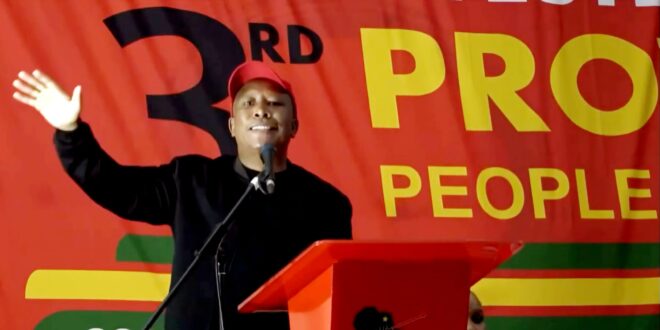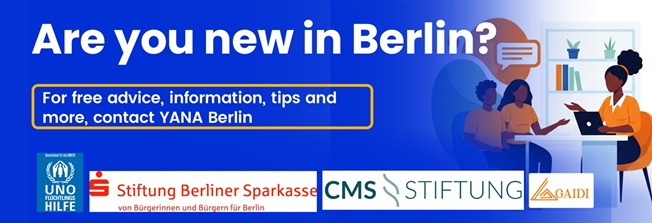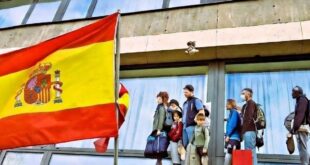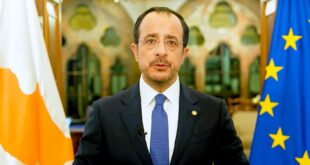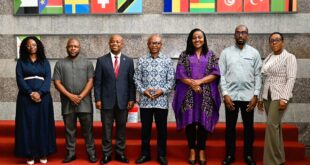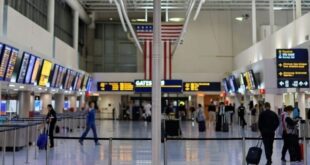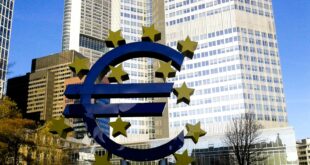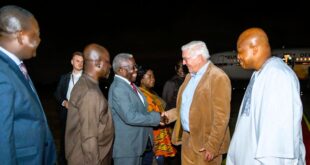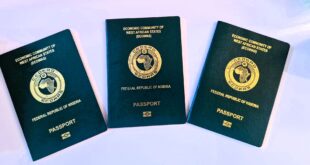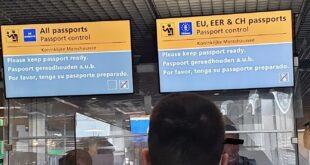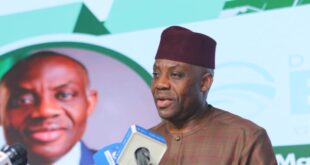In a move that’s drawing sharp criticisms across Africa and the diaspora, the United Kingdom has denied South Africa’s Economic Freedom Fighters (EFF) leader Julius Malema a visa — effectively blocking him from delivering a keynote address at the prestigious Cambridge Africa Together Conference on 10 May.
The outspoken politician, invited by the University of Cambridge’s African Society to speak under the theme “The Making of Africa’s Future Presidents”, was due to present his vision of a new generation of African leadership. Instead, the UK’s refusal to grant him a visa has raised serious questions about freedom of expression, political censorship and lingering colonial attitudes toward African voices that challenge global power dynamics.
Malema, a consistent critic of Western dominance in African affairs, publicly condemned the move as a deliberate attempt to shut down alternative perspectives. “There is no real justification for this,” he said in a statement, “It’s a cowardly effort to suppress a viewpoint that doesn’t align with their imperial comfort zone.”
According to a letter sent to EFF officials by the British High Commissioner in South Africa, the visa could not be processed in time due to “technical requirements and recent UK public holidays.” Yet many see this explanation as a flimsy excuse. The EFF maintains that their applications were submitted well in advance, with priority processing paid for — only to receive a “regret letter” just hours before departure.
EFF officials called it an “administratively choreographed obstruction,” pointing out that the delay conveniently served to prevent Malema from speaking at a forum designed to empower and connect emerging African leaders.
This isn’t the first time that Britain has been accused of using visa policies as a political tool. A similar denial was issued last year to former South African MP Mandla Mandela, after he voiced support for Palestine. Many observers now fear that a pattern is emerging: one where African leaders who challenge Western narratives are systematically sidelined.
Critics say the move betrays the very ideals that institutions like Cambridge claim to uphold — namely, intellectual freedom, global dialogue and critical engagement. “This is not just about a visa,” said one supporter, “It’s about silencing a new generation of African leadership that refuses to beg or conform.”
Far from being deterred, Malema’s supporters believe this attempt to block him has only strengthened the urgency of his message. They insist that Africa must chart its own course — free from external gatekeeping — and that leaders who stand up for the continent must never be muted, especially on international platforms meant to foster honest conversation and progress.
For many across Africa and in the diaspora, the UK’s action is seen not only as an insult to Malema, but to the entire vision of an independent, self-determined continent.
Adira Kallo
 THE AFRICAN COURIER. Reporting Africa and its Diaspora! The African Courier is an international magazine published in Germany to report on Africa and the Diaspora African experience. The first issue of the bimonthly magazine appeared on the newsstands on 15 February 1998. The African Courier is a communication forum for European-African political, economic and cultural exchanges, and a voice for Africa in Europe.
THE AFRICAN COURIER. Reporting Africa and its Diaspora! The African Courier is an international magazine published in Germany to report on Africa and the Diaspora African experience. The first issue of the bimonthly magazine appeared on the newsstands on 15 February 1998. The African Courier is a communication forum for European-African political, economic and cultural exchanges, and a voice for Africa in Europe.

